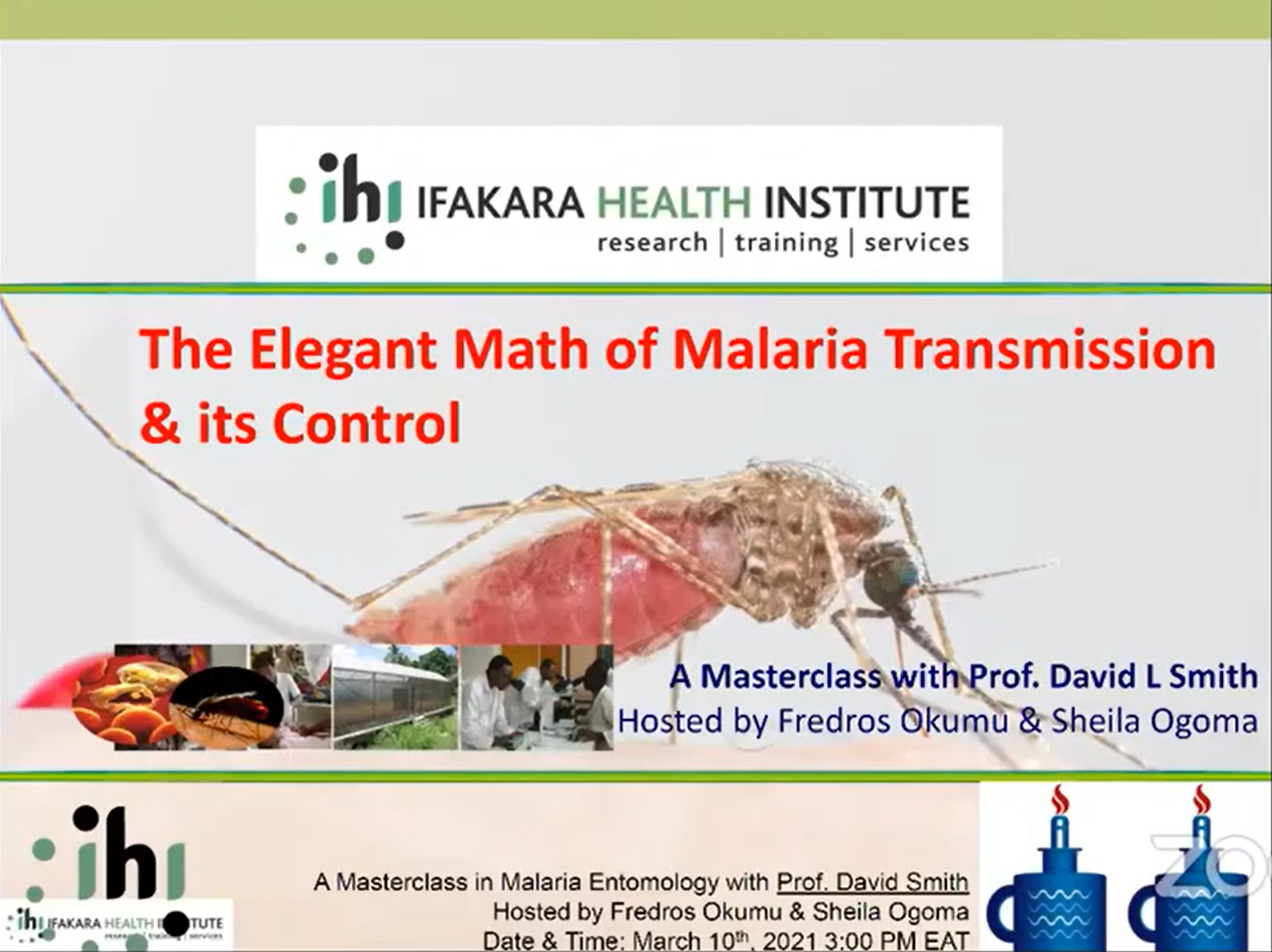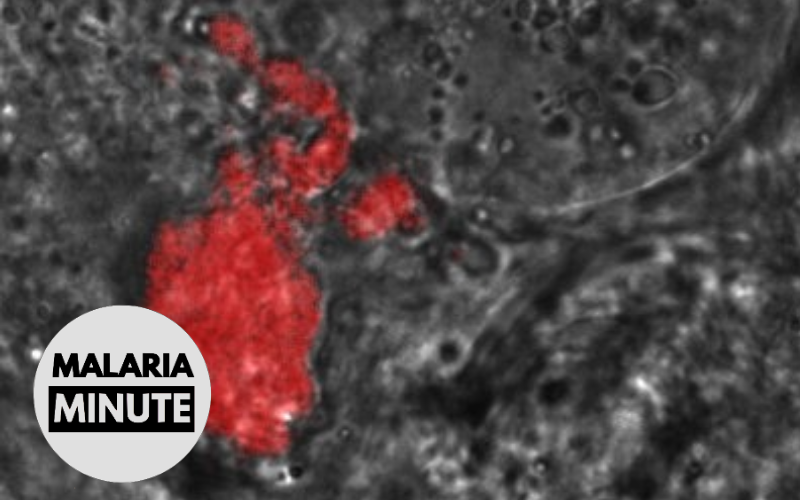Warning: Undefined array key "file" in /var/www/vhosts/gestortectic.com/mesa.gestortectic.com/wp-content/plugins/fulltext-search/includes/wpfts_querylog.php on line 520
Warning: Undefined array key "file" in /var/www/vhosts/gestortectic.com/mesa.gestortectic.com/wp-content/plugins/fulltext-search/includes/wpfts_querylog.php on line 520
Warning: Undefined array key "file" in /var/www/vhosts/gestortectic.com/mesa.gestortectic.com/wp-content/plugins/fulltext-search/includes/wpfts_querylog.php on line 520
Warning: Undefined array key "file" in /var/www/vhosts/gestortectic.com/mesa.gestortectic.com/wp-content/plugins/fulltext-search/includes/wpfts_querylog.php on line 520
Warning: Undefined array key "file" in /var/www/vhosts/gestortectic.com/mesa.gestortectic.com/wp-content/plugins/fulltext-search/includes/wpfts_querylog.php on line 520
Warning: Undefined array key "file" in /var/www/vhosts/gestortectic.com/mesa.gestortectic.com/wp-content/plugins/fulltext-search/includes/wpfts_querylog.php on line 520
Warning: Undefined array key "file" in /var/www/vhosts/gestortectic.com/mesa.gestortectic.com/wp-content/plugins/fulltext-search/includes/wpfts_querylog.php on line 520
Warning: Undefined array key "file" in /var/www/vhosts/gestortectic.com/mesa.gestortectic.com/wp-content/plugins/fulltext-search/includes/wpfts_querylog.php on line 520
Warning: Undefined array key "file" in /var/www/vhosts/gestortectic.com/mesa.gestortectic.com/wp-content/plugins/fulltext-search/includes/wpfts_querylog.php on line 520
Warning: Undefined array key "file" in /var/www/vhosts/gestortectic.com/mesa.gestortectic.com/wp-content/plugins/fulltext-search/includes/wpfts_querylog.php on line 520
Warning: Undefined array key "file" in /var/www/vhosts/gestortectic.com/mesa.gestortectic.com/wp-content/plugins/fulltext-search/includes/wpfts_querylog.php on line 520
Warning: Undefined array key "file" in /var/www/vhosts/gestortectic.com/mesa.gestortectic.com/wp-content/plugins/fulltext-search/includes/wpfts_querylog.php on line 520
Warning: Undefined array key "file" in /var/www/vhosts/gestortectic.com/mesa.gestortectic.com/wp-content/plugins/fulltext-search/includes/wpfts_querylog.php on line 520
Warning: Undefined array key "file" in /var/www/vhosts/gestortectic.com/mesa.gestortectic.com/wp-content/plugins/fulltext-search/includes/wpfts_querylog.php on line 520
Warning: Undefined array key "file" in /var/www/vhosts/gestortectic.com/mesa.gestortectic.com/wp-content/plugins/fulltext-search/includes/wpfts_querylog.php on line 520
Warning: Undefined array key "file" in /var/www/vhosts/gestortectic.com/mesa.gestortectic.com/wp-content/plugins/fulltext-search/includes/wpfts_querylog.php on line 520
Warning: Undefined array key "file" in /var/www/vhosts/gestortectic.com/mesa.gestortectic.com/wp-content/plugins/fulltext-search/includes/wpfts_querylog.php on line 520
Warning: Undefined array key "file" in /var/www/vhosts/gestortectic.com/mesa.gestortectic.com/wp-content/plugins/fulltext-search/includes/wpfts_querylog.php on line 520
Warning: Undefined array key "file" in /var/www/vhosts/gestortectic.com/mesa.gestortectic.com/wp-content/plugins/fulltext-search/includes/wpfts_querylog.php on line 520
Warning: Undefined array key "file" in /var/www/vhosts/gestortectic.com/mesa.gestortectic.com/wp-content/plugins/fulltext-search/includes/wpfts_querylog.php on line 520
Last Updated: 16/06/2023
Once bitten: A longitudinal, observational study of successful malaria parasite transmission events between humans and mosquitos
Objectives
To directly measure, under natural conditions, which infected humans transmit malaria parasites to naturally-feeding mosquitoes and also which humans are bitten by malaria mosquito vectors.
Malaria cases and deaths have declined significantly in sub-Saharan Africa as a result of the broad deployment of vector control and clinical management tools. These tools are being supplemented by a new generation of available strategies that are designed to reduce and possibly interrupt transmission. These transmission-reducing interventions include transmission-blocking vaccines, mass administration of endectocides (e.g. ivermectin) to undermine vector competence, adjunctive use of gametocytocides in infected individuals, and mass screen and treat programs using sensitive diagnostics. These strategies will be most efficiently employed by targeting them to human populations that are most likely to contribute to onward malaria transmission. The existence of these “high transmitters” is suggested by the fact that, in many settings, as few as 20% of individuals suffer 80% of infections, indicating that within heterogeneous human populations, some people participate disproportionately in the continual cycle of malaria transmission. This group of transmitters is also called the malaria `infectious reservoir’, and by identifying stable or modifiable risk factors for membership in this reservoir interventions can be more efficiently targeted to maximize their impact on reducing malaria transmission. The central hypothesis will be directly tested in an observational epidemiologic study of 75 households in in Webuye West, Kenya, where malaria transmission is seasonal and perennial and is transmitted by Anopheles gambiae s. l. (88%) and An. funestus (12%). Within these households, the project will establish active and passive detection of malaria cases in human participants and weekly sampling of resting mosquitos in their households. Aim 1 will directly record successful onward transmission events from infected people to Anopheline mosquitos by collecting live, blood-fed mosquitos in participant households, raising them for 7 days to allow parasite oocysts to develop, and genotyping parasites in order to discretely match parasites and therefore ascertain the human source of the successful transmission event. Aim 2 will quantify how the human infectious reservoir is shaped by vector biting bias, which is typically non-random and highly overdispersed in human populations, using molecular fingerprinting of human DNA to directly match individual household members to human blood meals that have been ingested by mosquitoes. The results of these analyses will provide new insight into mosquito-human interactions that enhance parasite transmission and will enable us to more precisely define the human reservoir. With this understanding, the project will enable better population-based estimates of transmission potential and furnish empiric support for the rational targeting of malaria control interventions.
Jul 2019 — Jun 2024
$2.41M


